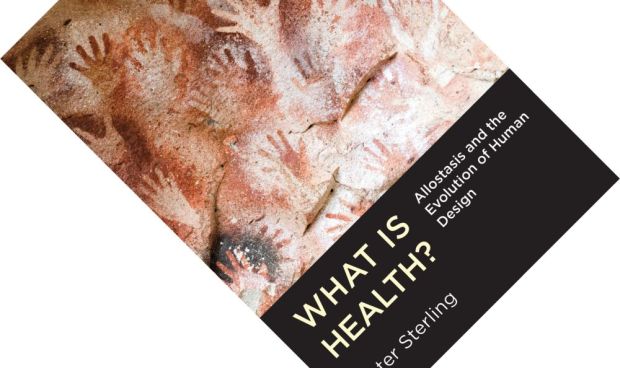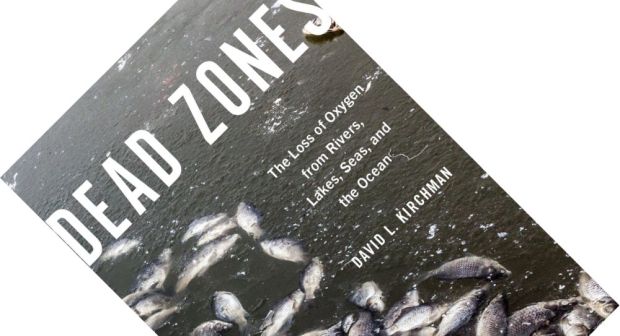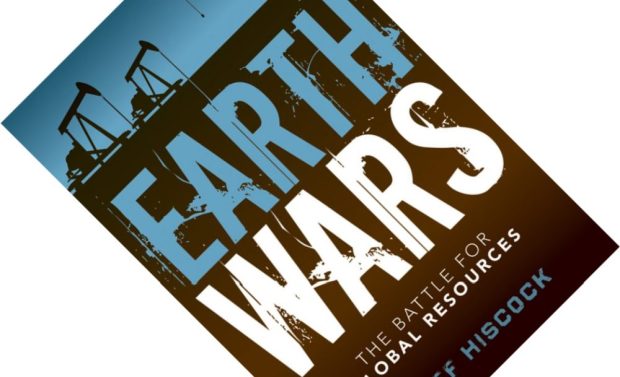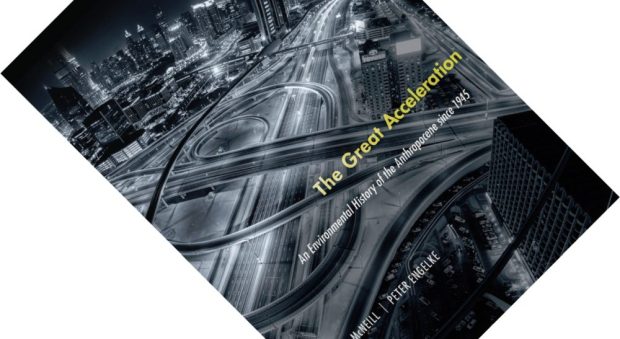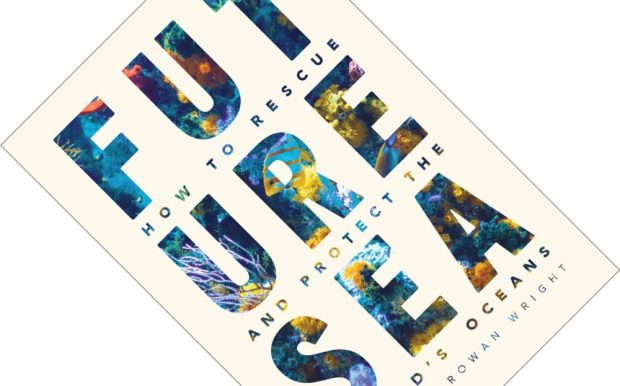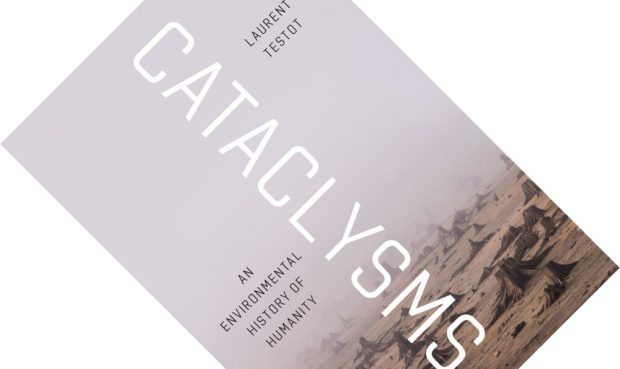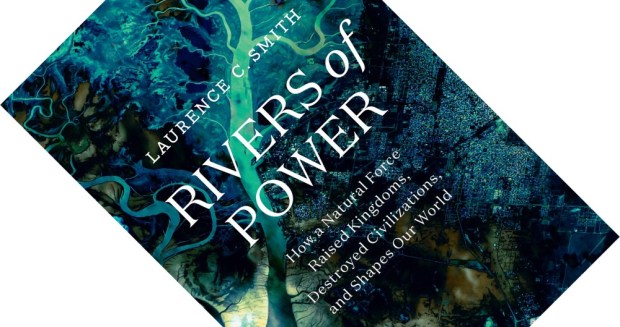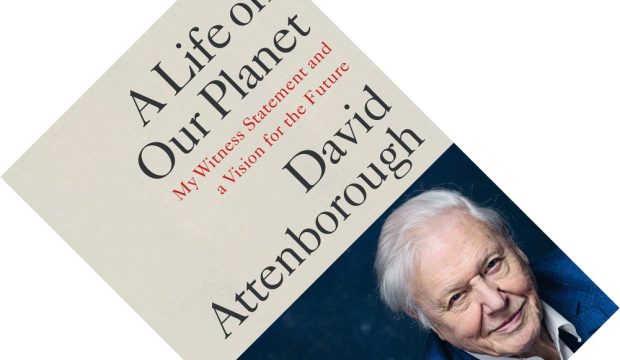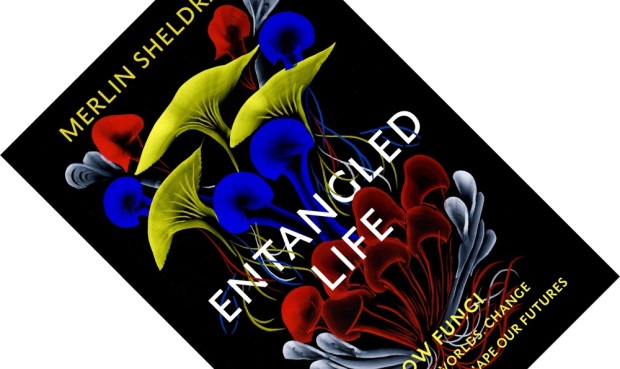10-minute read
Advances in medical research mean we have come to grips with numerous diseases and health conditions over the decades. But, like a game of whack-a-mole, you solve one set of problems to only have other, often more complex problems take their place. There is valid criticism to be had of medicine and its reductionist approach and What Is Health? sees neurobiologist Peter Sterling offer a critique grounded in physiology.

